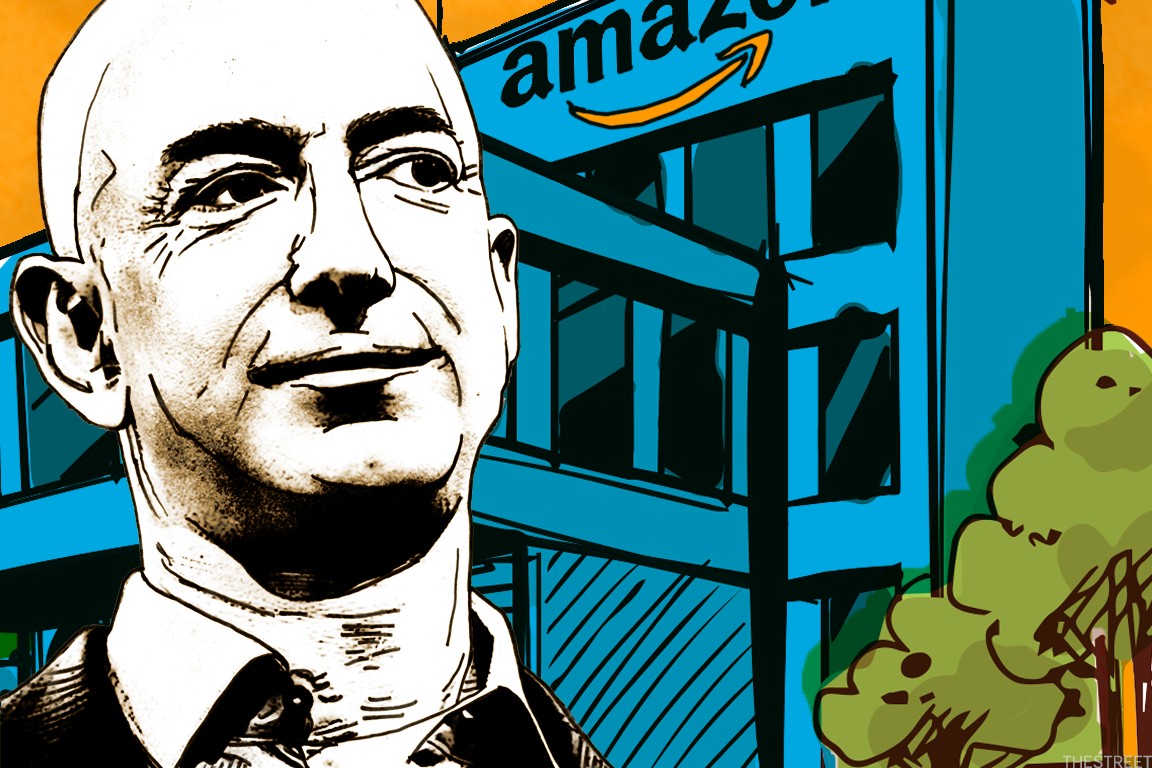Car Dealers Renew Fight Against Electric Vehicle Mandates

Table of Contents
Economic Challenges Posed by EV Mandates
The economic implications of rapid EV adoption are a primary concern for car dealers. Meeting aggressive electric vehicle mandates requires substantial financial investment and presents operational hurdles that threaten dealership profitability.
-
High Upfront Investment Costs: Adapting to an EV-centric sales and service model necessitates significant capital expenditure. Dealerships must invest in expensive charging infrastructure, acquire specialized tools for EV repair and maintenance, and undertake comprehensive employee training programs on EV technology. These costs can be crippling, especially for smaller dealerships.
-
Reduced Profitability: Currently, profit margins on EVs are generally lower than those on traditional Internal Combustion Engine (ICE) vehicles. This disparity is largely due to higher manufacturing costs and increased competition in the EV market. Meeting EV mandates without a corresponding increase in EV profitability forces dealerships to absorb losses or cut costs elsewhere, jeopardizing their financial stability.
-
Inventory Management Challenges: Managing EV inventory presents unique difficulties. Lead times for EVs are often longer than for ICE vehicles, making accurate demand forecasting challenging. Fluctuations in consumer demand and supply chain disruptions can leave dealerships with excessive inventory or critical shortages, leading to further financial strain.
-
Regional Demand Disparities: Consumer demand for EVs varies significantly across different regions. Mandates that impose uniform targets across the country fail to account for these regional differences, placing an unfair burden on dealerships in areas with low EV adoption rates.
-
Securing Financing: Obtaining financing for substantial infrastructure upgrades needed to support EV sales and service can prove difficult for many dealerships, especially smaller independent operations, further exacerbating their economic vulnerability.
Concerns Regarding Consumer Readiness for EV Adoption
Beyond the economic challenges, car dealers also express serious concerns about consumer readiness for a rapid transition to EVs. Several key factors are hindering widespread EV adoption.
-
Range Anxiety: The fear of running out of battery power remains a significant barrier to EV adoption, particularly for consumers who frequently undertake long-distance journeys. This concern is amplified by the limited availability of charging stations in many areas.
-
Inadequate Charging Infrastructure: The lack of a comprehensive and reliable nationwide charging network severely restricts the practicality of EVs, especially for those living in rural areas or regularly travelling long distances. This infrastructure deficit needs urgent attention to alleviate range anxiety and drive consumer confidence.
-
Affordability Concerns: The higher initial purchase price of EVs compared to gasoline-powered vehicles is a major obstacle to adoption, especially for budget-conscious consumers. While incentives exist, they often aren't sufficient to bridge the affordability gap.
-
Consumer Perception: Negative perceptions regarding EV reliability, maintenance costs, and the longevity of batteries continue to dissuade some potential buyers. Clear and consistent messaging is needed to address these concerns and build consumer trust.
-
Need for Improved Consumer Education: Many consumers lack a comprehensive understanding of EV technology, charging processes, and the overall benefits of electric vehicles. Targeted consumer education campaigns are crucial to address misconceptions and foster wider acceptance.
The Impact on Rural Dealerships
The challenges of EV adoption are particularly acute for rural dealerships. The scarcity of charging infrastructure in these areas poses a significant impediment to EV sales. The limited consumer demand for EVs in rural communities renders it economically unviable for many dealerships to invest heavily in the infrastructure needed to sell and service EVs. This disproportionately impacts rural dealerships, potentially leading to business closures and limiting EV accessibility in these regions.
Alternative Approaches to Accelerating EV Adoption
Instead of imposing stringent mandates, a more collaborative and phased approach could facilitate a more successful and equitable transition to EVs. This would involve:
-
Phased Approach to Mandates: A gradual increase in EV sales targets over time would allow dealerships to adapt more effectively, reducing the financial strain of rapid change.
-
Increased Consumer Incentives: Substantial government incentives, including tax credits and rebates, are essential to make EVs more affordable and attractive to a wider range of consumers.
-
Significant Investment in Charging Infrastructure: Massive investment in building a robust and nationwide charging network is critical to alleviate range anxiety and encourage broader EV adoption. This should include charging stations in rural and underserved areas.
-
Industry Collaboration: Open collaboration between the government, automakers, and dealerships is crucial to address challenges and develop effective strategies for the EV transition. Shared responsibility and coordinated efforts will be key to success.
Conclusion
The renewed opposition from car dealers to electric vehicle mandates is rooted in legitimate economic concerns and the realities of consumer readiness. Addressing these challenges necessitates a multifaceted approach that balances aggressive climate goals with the practical realities of the automotive market. A more phased approach, coupled with substantial investment in charging infrastructure and targeted consumer education campaigns, along with generous incentives, offers a more realistic pathway toward a sustainable and successful transition to a future dominated by electric vehicles. The debate surrounding electric vehicle mandates is far from over. Understanding the complex interplay between economic viability, consumer acceptance, and environmental responsibility is vital. Join the conversation and let your voice be heard on this crucial issue impacting the future of the automotive industry and the environment.

Featured Posts
-
 The Closure Of Anchor Brewing What Does It Mean For The Future
Apr 24, 2025
The Closure Of Anchor Brewing What Does It Mean For The Future
Apr 24, 2025 -
 Hudsons Bay Sees Robust Interest In 65 Leaseholds
Apr 24, 2025
Hudsons Bay Sees Robust Interest In 65 Leaseholds
Apr 24, 2025 -
 Bof A On Stock Market Valuations Why Investors Shouldnt Panic
Apr 24, 2025
Bof A On Stock Market Valuations Why Investors Shouldnt Panic
Apr 24, 2025 -
 Understanding High Stock Market Valuations A Bof A Perspective
Apr 24, 2025
Understanding High Stock Market Valuations A Bof A Perspective
Apr 24, 2025 -
 Miami Steakhouse John Travoltas Pulp Fiction Culinary Experience
Apr 24, 2025
Miami Steakhouse John Travoltas Pulp Fiction Culinary Experience
Apr 24, 2025
